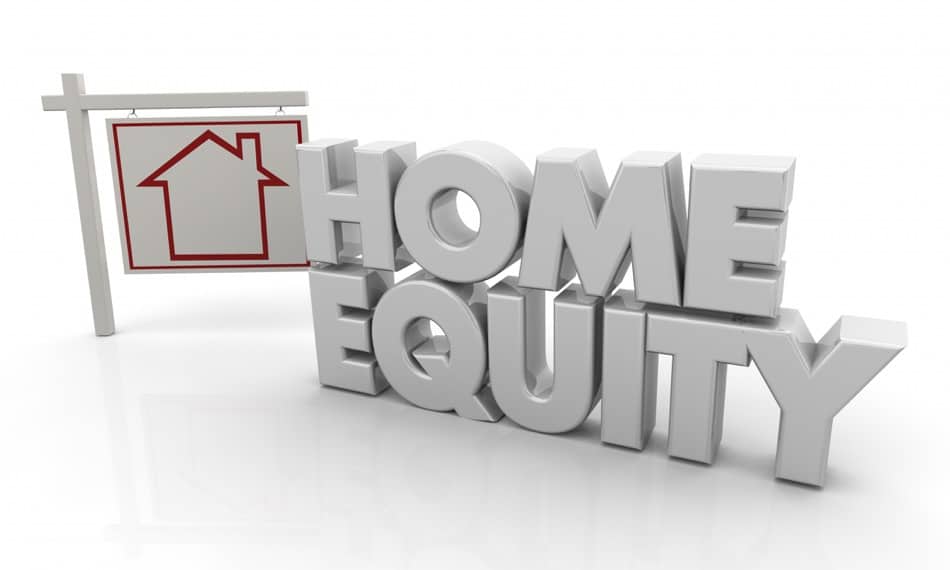
What to Know About Home Equity
 Soon-to-be homeowners have likely heard the term “equity” by their real estate agent, mortgage lender, and other housing industry professionals. But what exactly is equity, and why is it so important to have? Here is what all homeowners and home buyers need to know about having equity in a home and what it means for them.
Soon-to-be homeowners have likely heard the term “equity” by their real estate agent, mortgage lender, and other housing industry professionals. But what exactly is equity, and why is it so important to have? Here is what all homeowners and home buyers need to know about having equity in a home and what it means for them.
For informational purposes only. Always consult with a licensed real estate professional before proceeding with any real estate transaction.
What Is Equity?
Equity is the amount of money that has been paid off on a home’s mortgage. For example, if a homeowner has paid off $50,000 on their home loan, they have $50,000 in equity. Equity can be both gained and lost. Losing equity in a home is more uncommon, but it can happen if the value of the home drops faster than the rate the homeowner is paying their mortgage. This will typically happen during a recession or if the home sustains a large amount of damage, which can happen during a natural disaster such as a hurricane, tornado, or earthquake.
How to Build Equity
There are several ways that a homeowner can build equity on their home, the easiest of which is to make monthly mortgage payments. Equity is gained naturally by following the agreement to pay the mortgage each month. Another way to build equity in a home is by offering a larger down payment on the home when purchasing it. While a down payment is typically between 3%-20% of the home’s value (depending on the loan being used), there are no rules stating that the buyer can’t put down more money if they choose to. A larger down payment also means smaller monthly payments, and it can also make it easier to find a lender, so it can be helpful in more ways than just one.
Using Home Equity
Many people prefer to own their home instead of rent because of the equity that comes with it. And with equity, there are also multiple ways to use it. For instance, homeowners who want to purchase a new home can use this equity when selling their home because any equity they’ve earned is money they won’t need to pay back to the lender upon selling the home. This means homeowners can immediately put it back into the new home as a down payment to get lower monthly mortgage payments.
Borrowing Against Equity
Having equity in a home is also a good thing because it gives homeowners the ability to take out of the equity they’ve already built if they ever need money. There are three ways to borrow from a home’s equity:
- Home equity loan: This type of loan is like having a second mortgage. The lender gives the homeowner money, adds it back onto the homeowner’s mortgage, and the homeowner will be required to make payments on both.
- Home equity line of credit (HELOC): This is like having a credit card, but the limit is determined by the home’s equity.
- Cash-out refinance: The homeowner can get cash from their home by refinancing their mortgage. For instance, if their current mortgage is $100,000 and they want $20,000 to pay for a renovation, then they can refinance their loan for $120,000 and get the $20,000 in cash.
Having equity gives homeowners more opportunity to do the things they want and gives them flexibility. All homeowners and home buyers need to understand equity because it’s such an important part of owning a home.
For informational purposes only. Always consult with a licensed real estate professional before proceeding with any real estate transaction.



